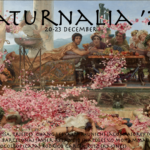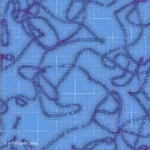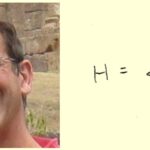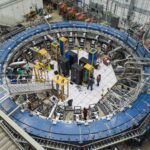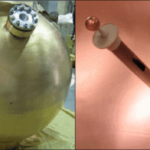Charla de Carlos López Sanjuan: La evolución espectral de enanas blancas con J-PLUS
Dr. Carlos López Sanjuan is a researcher at CEFCA (Centro de Estudios de Física del Cosmos de Aragón). Abstract: White dwarfs are the degenerate compact remnants of stars with masses below 8 Msun. They do not have an internal source of energy and just cool down with time. In addition, they show a diversity of […]

